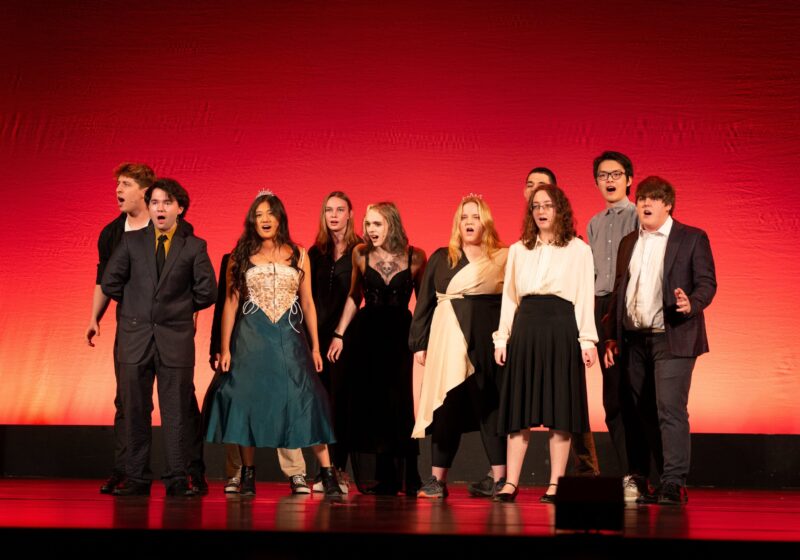Last week, the Campus Times Editorial Board offered an unflinching — but, if you ask me, unconvincing — critique of the iZone, an admittedly somewhat nebulous project in development through the River Campus Libraries. The premise behind the critique was that privately-funded campus spaces, from the iZone to the aptly labeled “cavernous” Rettner Hall, elide genuine and pressing student concerns and needs — from scholarships to counseling services —t o create aesthetically pleasing yet functionally impractical spaces.
As someone who has only been able to attend this university due to massive scholarships and endowed donor dollars, I sympathize with the appeals for more private donations to offset tuition costs. I also agree that private donations could aid existing and likely underfunded campus offices, such as the Intercultural Center and the University Counseling Center.
Though the desire for the redirection of donor dollars resonates with me, I fully appreciate and believe in the strength and goodwill of the leaders of the River Campus Libraries regarding the iZone. What the CT missed last week was a nuanced and contextualized consideration of the iZone — one that could have recognized the intentions behind the iZone’s development.
Several points in particular struck me as counterintuitive, simplistic, and paradoxical — starting with the snarkily presented idea that the iZone is a disappointment because construction hasn’t visibly begun. Shouldn’t the library leadership’s deliberation and patience be lauded? Rather than falling prey to the profit-hungry tactics of rushed construction that appear to have motivated recent projects by Residential Life — which then spawn structural issues and concerns — the library leadership have chosen to take their time and produce a logistically, aesthetically, and practically sound product in the iZone.
Further, the critiques of Evans Lam Square as a marginal improvement might be ring true for some students, but others like myself have seen a meaningful qualitative transformation as a result of its development. The space — similar to the the planned iZone — fosters collaboration between students and librarians, provides ease of access for consultation, and invites all kinds of discussion, from casual chats with friends to intensive research planning.
Finally, the CT could have improved the credibility of its stance by offering alternatives to draw in student voices to engage in dialogue about the iZone. What else can iZone and library leadership do, beside hosting public forums? That students feel unable to express their wants and needs regarding library developments is definitely both valid and concerning. But from my experience, the public library forums are an excellent space to converse directly with leadership. In addition, I feel confident that library leadership would be more than receptive to students who would contact them directly with concerns.
I agree that the University — and donors who certainly have the means — should absolutely prioritize the immediate well-being of students by supporting financial aid, counseling services, and cultural resources. At the same time, supporting a humanistic, scholarly, and enterprising institution such as Rush Rhees Library and the River Campus Libraries system at large can only be beneficial — no other campus institution is so explicitly devoted to fostering students’ developments as scholars. If we hope to critique misguided donations, perhaps we ought to start by considering donations that don’t directly engage students in academic growth (and if we want to talk about donations that privilege some students at the expense of others, we could start by looking at donations to, say, athletics).
The iZone project remains just that for now — a project, a work in progress, a space that is developing over time with keen insight and intention on the part of a dedicated staff (which comprises of full-time professionals as well as student employees). For that reason, coupled with good faith in the River Campus Libraries, I advocate for the suspension of judgment until the iZone’s completion, which I personally feel sure will be a momentous and promising day that points to the advent of new possibilities for student projects that may otherwise have never developed. In the meantime, perhaps we can find a middle ground where the iZone more directly engages the general student body, and perhaps students will relinquish enough bitterness — even if momentarily — to attend one of the many and multifaceted programs that the iZone already has slated to facilitate a better understanding of all of its possibilities.






